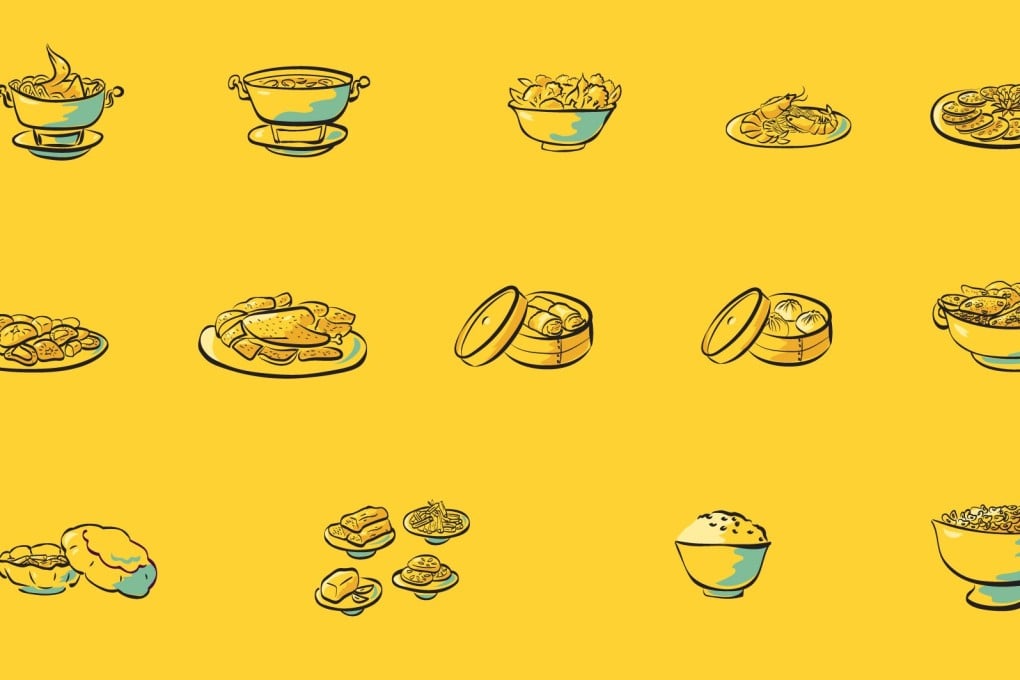In the Forbidden City, the emperor’s meals were plain and lonely
- He did not routinely feast on lavish meals, but instead had a balanced and plain diet
- Qing emperors ate alone except during special ceremonies, without even family for company

For the emperor, life in the Forbidden City was not as opulent as one might imagine. While each dynasty claimed the emperor was heaven’s earthly representative destined to drive the immense country forward, the emperor remained a link in a giant bureaucratic chain forced to follow rigorous protocols dictated by tradition.
He was obliged to attend meetings on matters of public interest from the early hours to rule on appropriate punishments and executions. He would also receive a steady stream of delegates to discuss policies and sign edicts. To compound his daily pressures, the emperor’s routine was supervised by eunuchs and officials who did not always have his best interests at heart.
Feeding his majesty
One common misconception is that the emperor routinely feasted on lavish meals. His diet was balanced, but surprisingly plain. Both the Ming and Qing dynasties ate in accordance with the same principle: a diet must promote health.
The scale of infrastructure needed to provide food was immense. The imperial kitchen was composed of three parts: the main kitchen, tea kitchen and bakery. Each had a chef and five cooks, a supervisor and an accountant who procured and tracked supplies.
Menus always carried the cook’s name so that dishes could be easily reordered – and culprits could be identified if anything suspicious happened. Imperial recipes were essentially sophisticated versions of meals traditionally enjoyed by the common people.